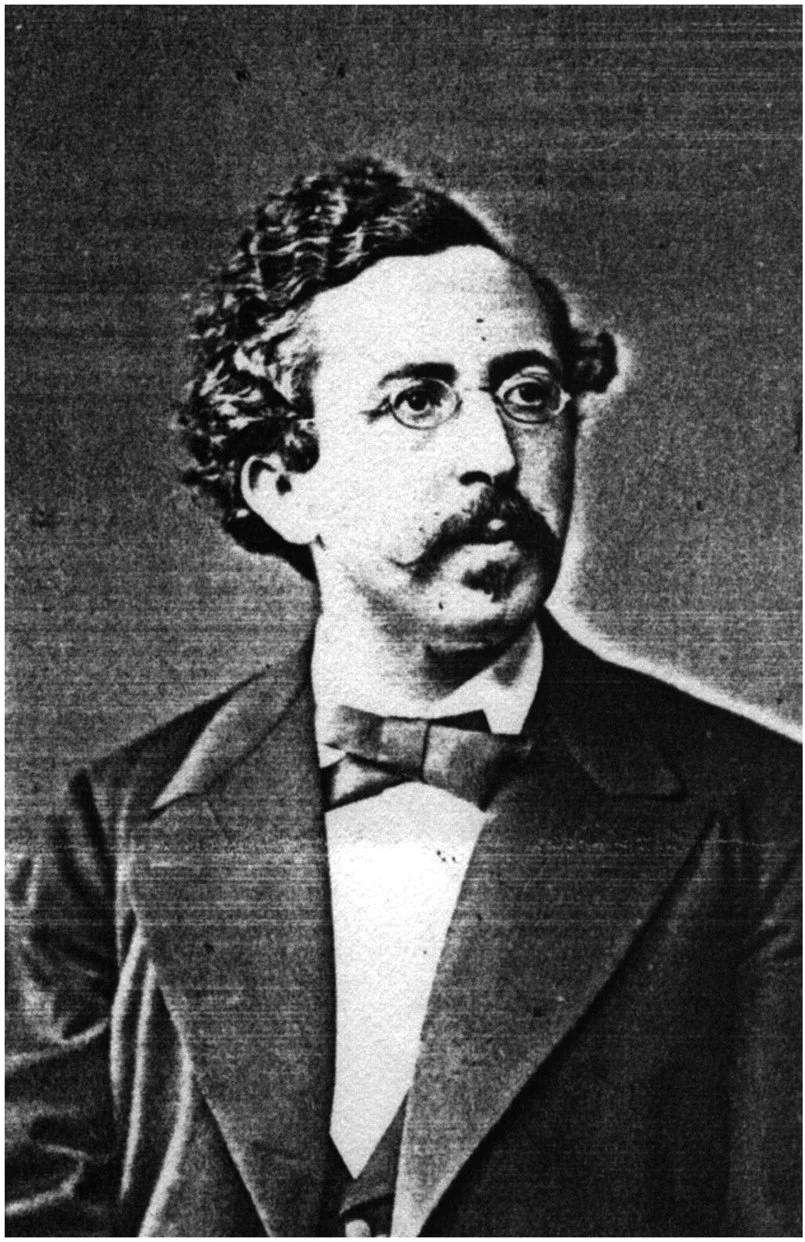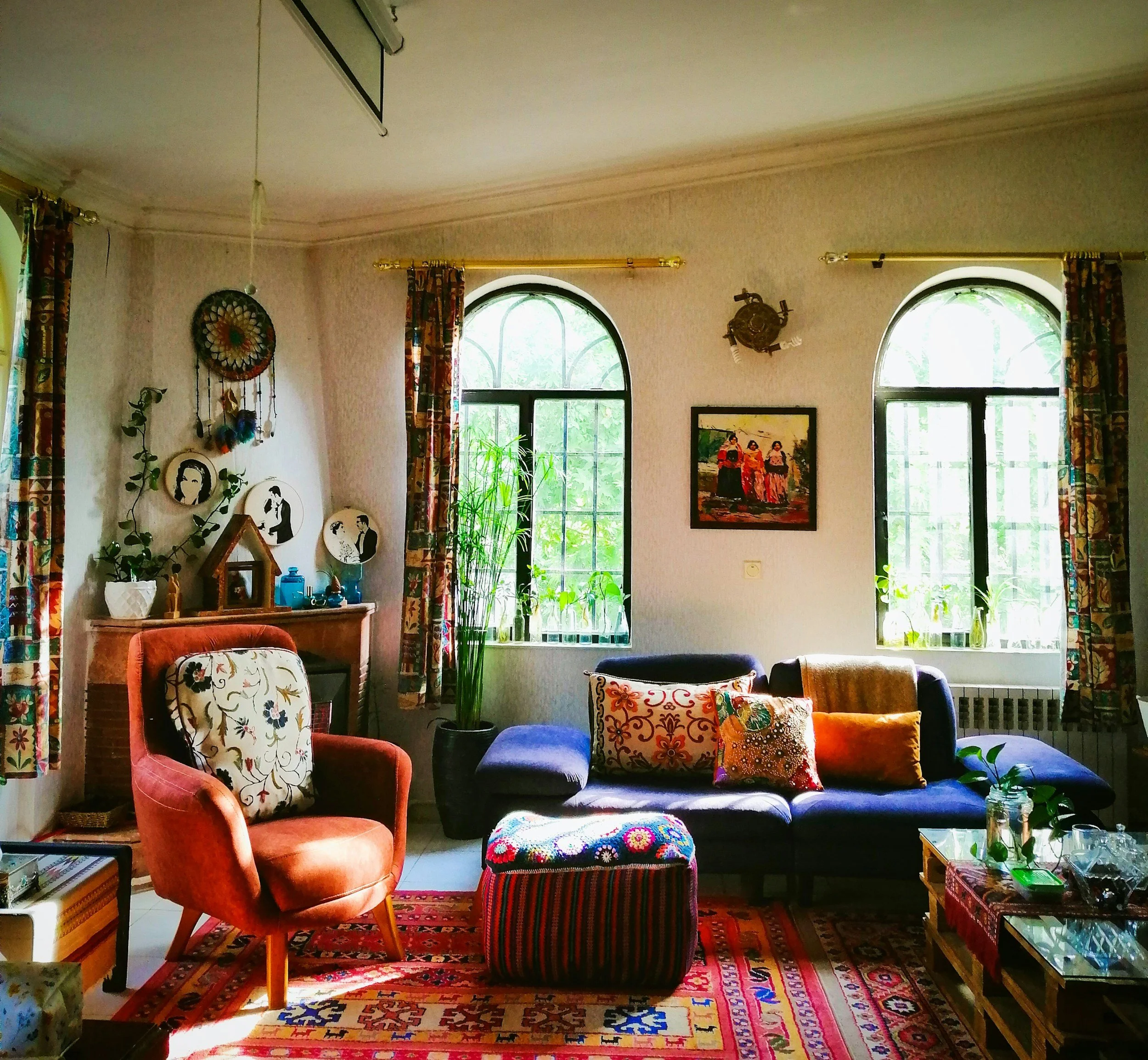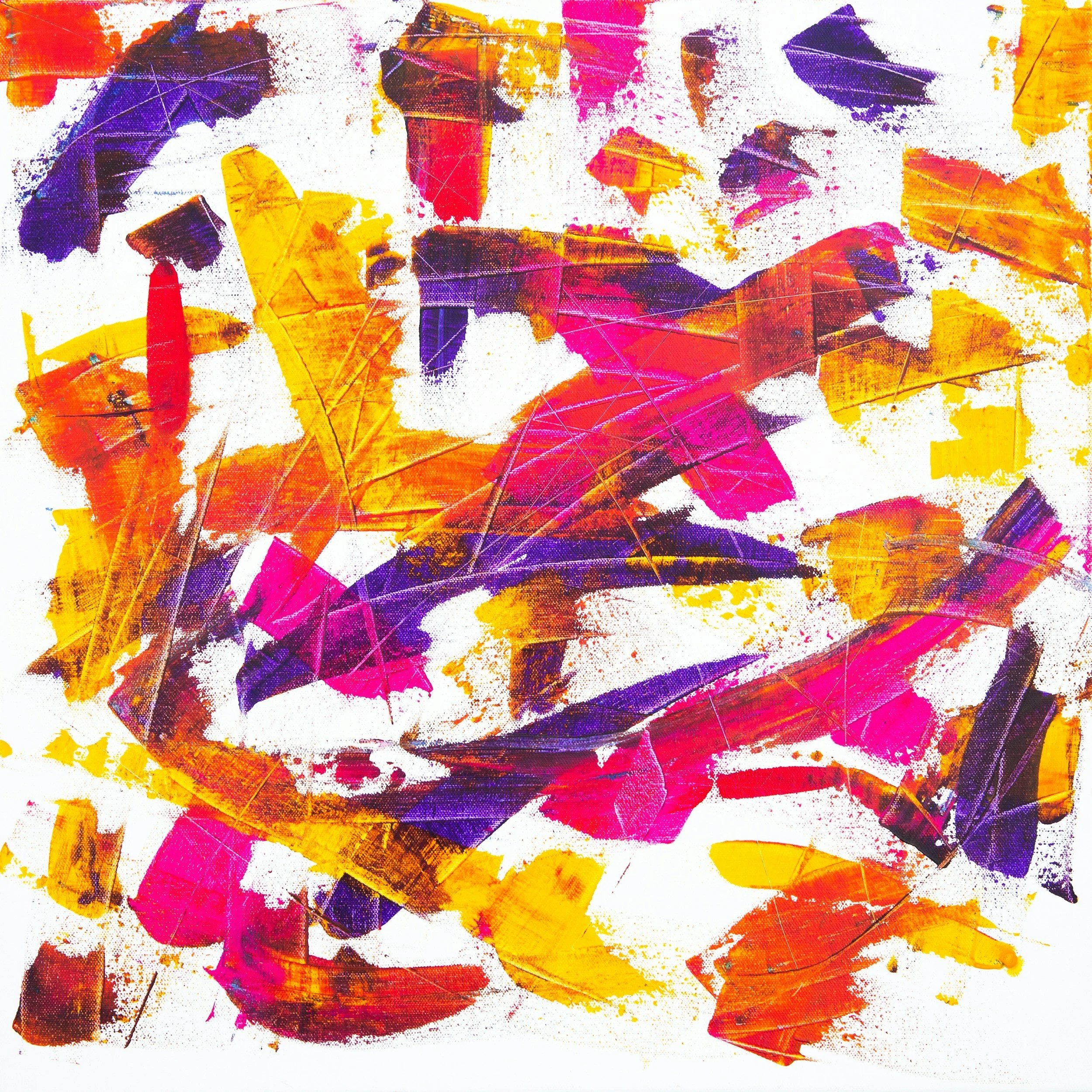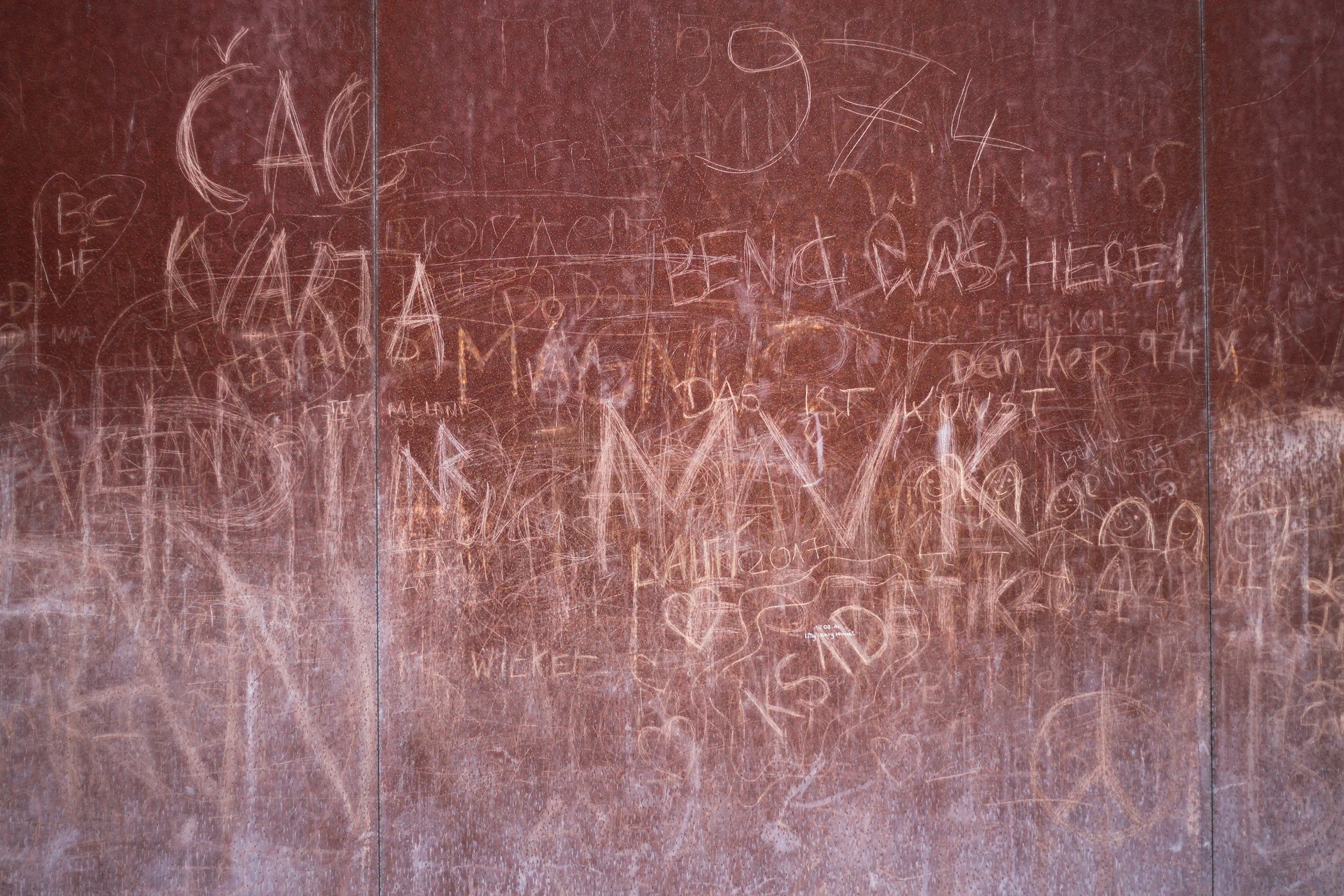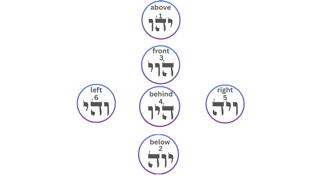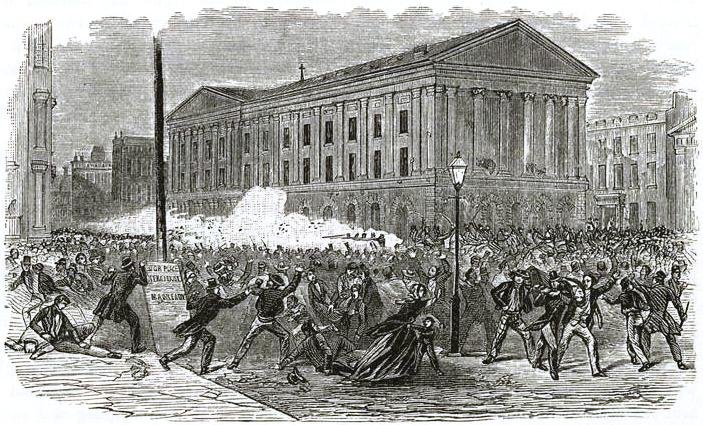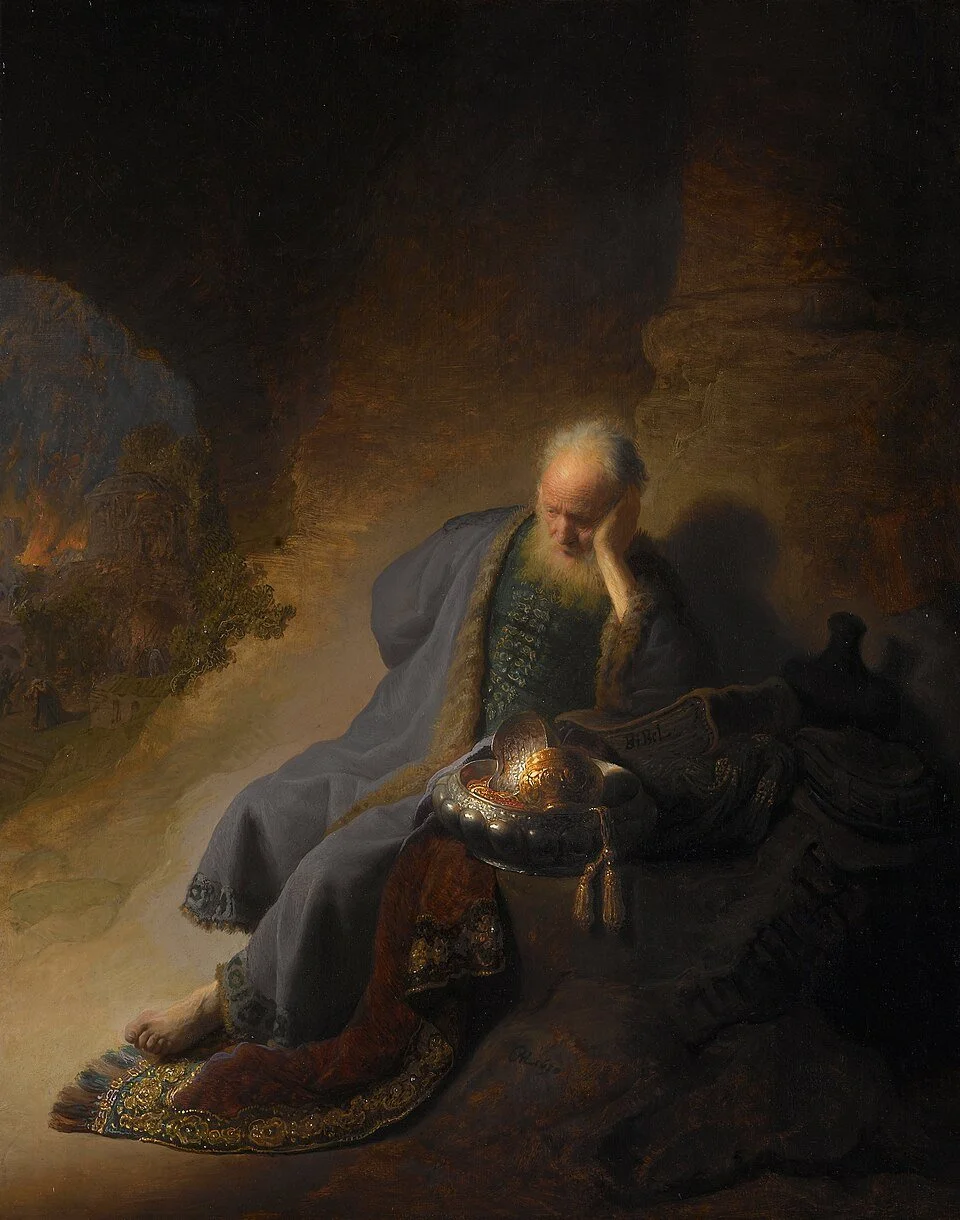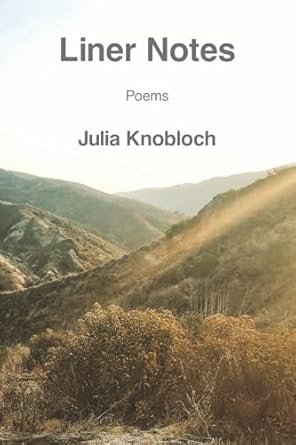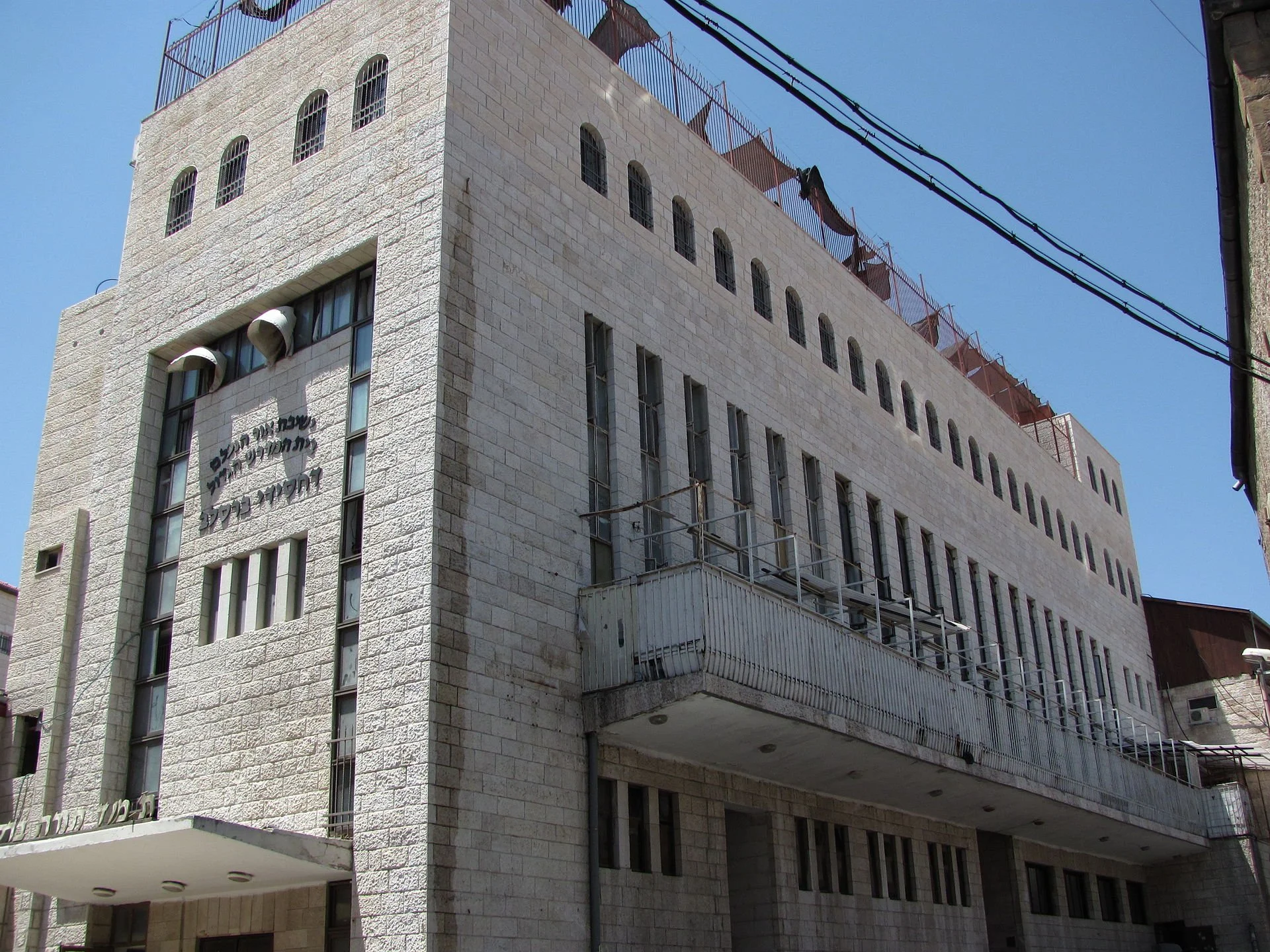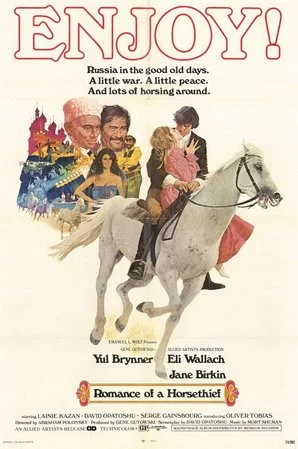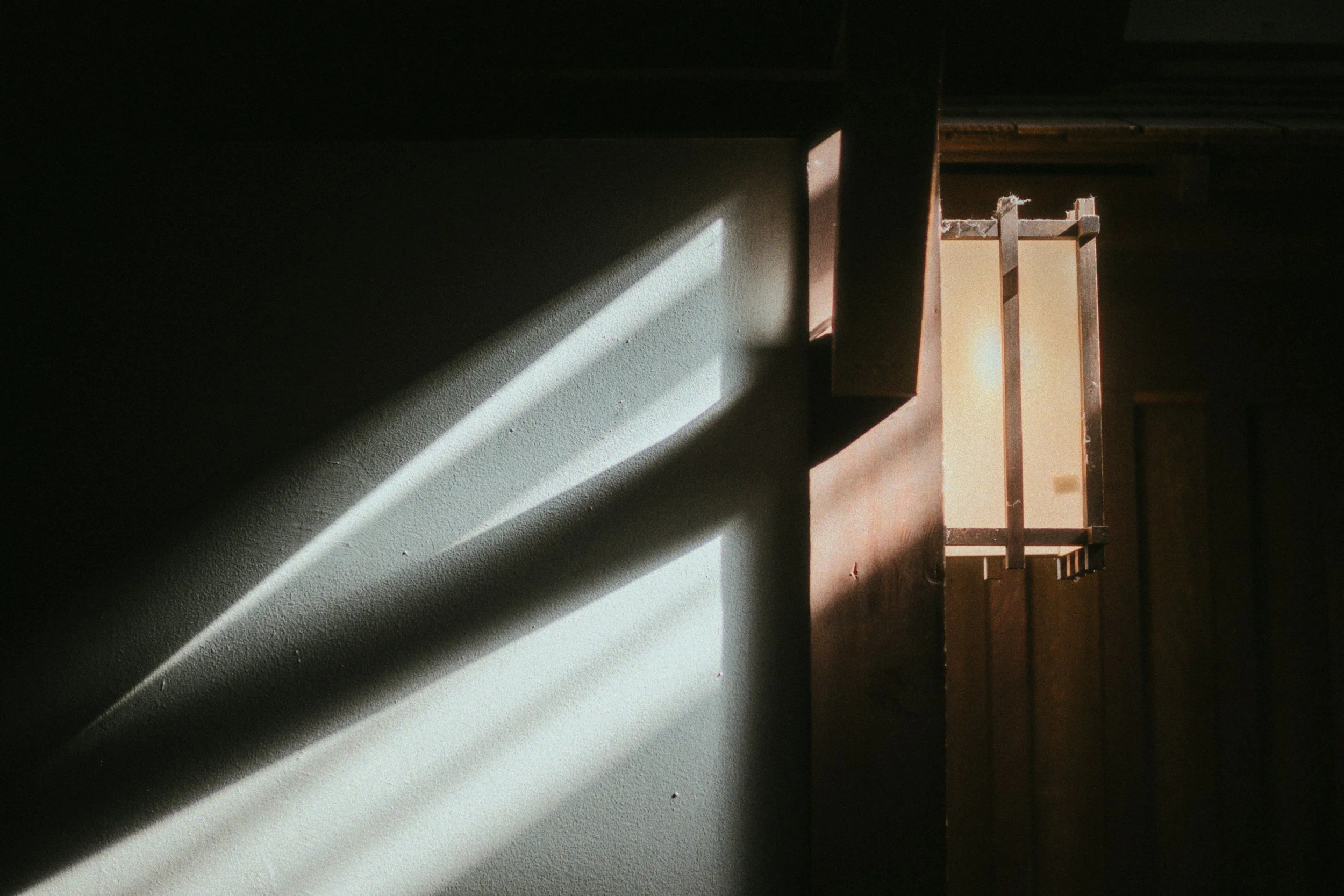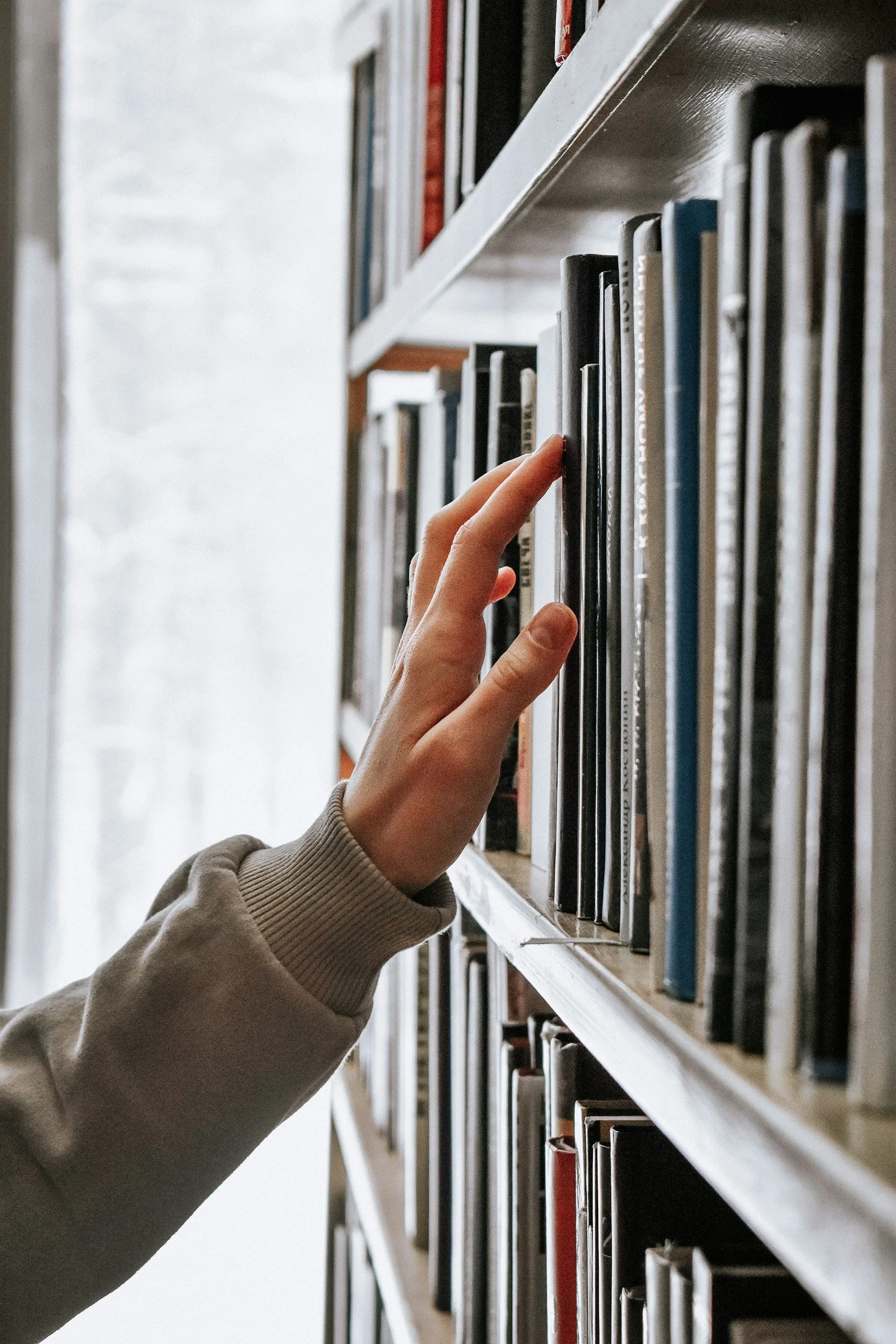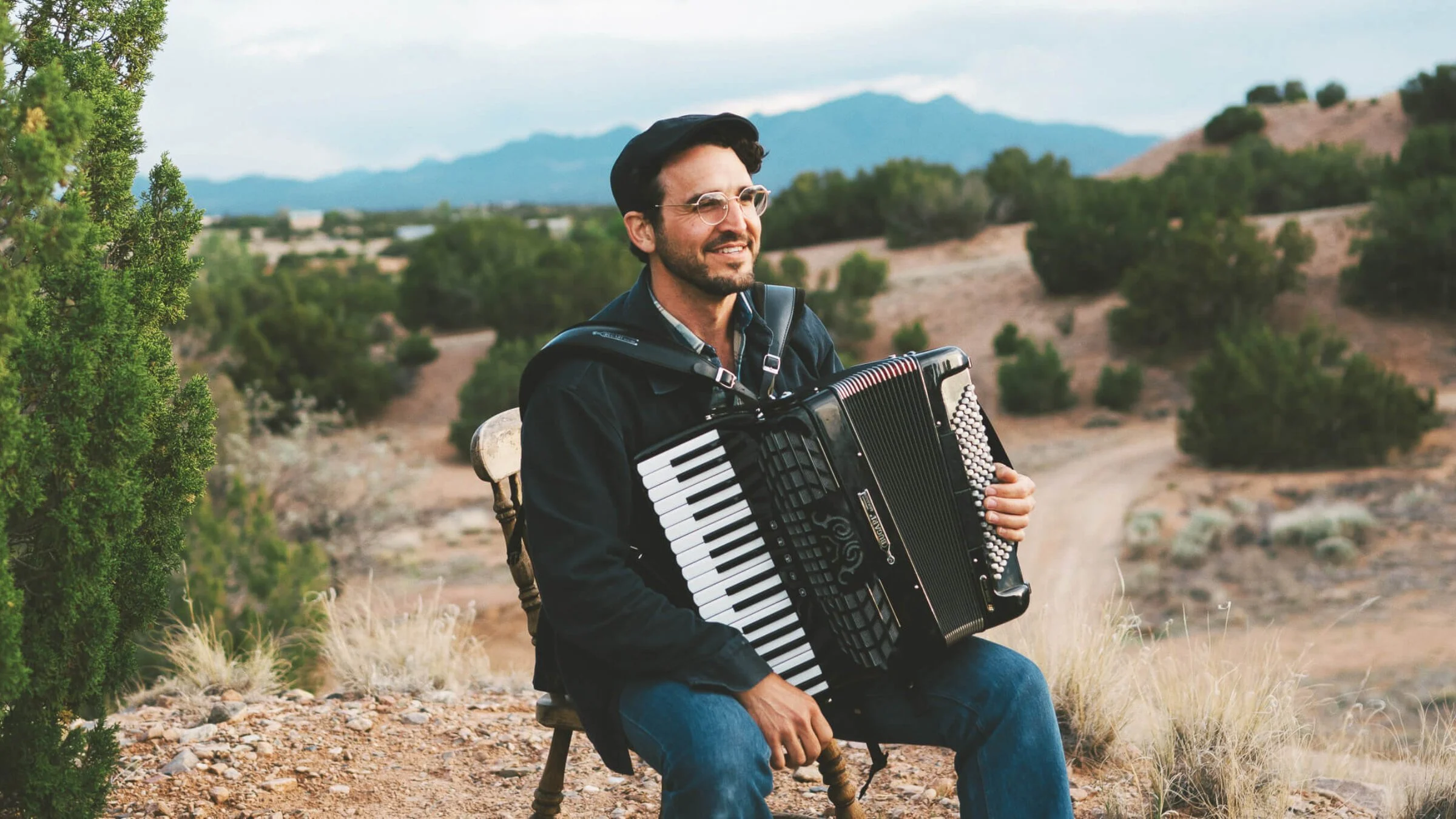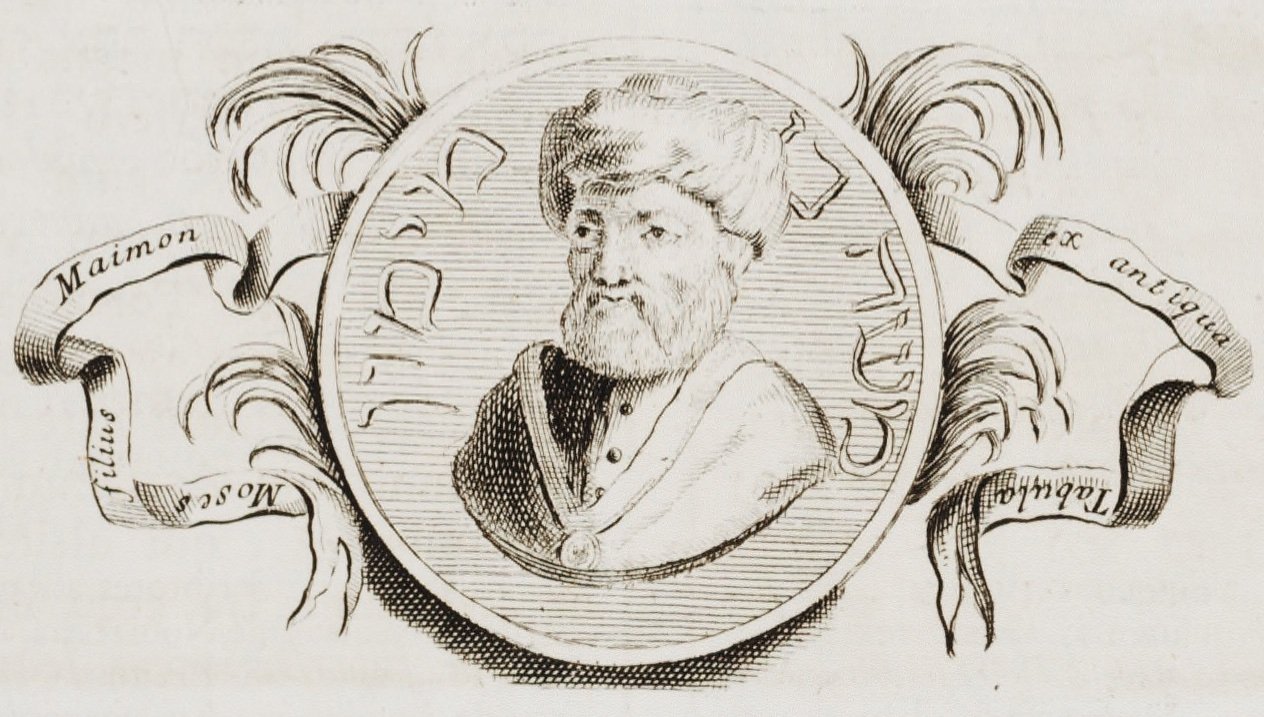Justice and Mercy
Hermann Cohen suggested that the concepts of sin, atonement and Teshuvah in Judaism were the actual vehicles through which this transformation occurs.
“Utopia and Dissent”
“In a Bohemian household you have immediacy to all the arts so that you are going to have some aspect of music, poetry, painting, and also the decoration of things at the same level. The minute they’re picked up, it is part of the thing that you do.”
“The Cult of Nothing and Art as it Must Be”
Why should art be clear? Why should art be clear when life and experience are not?
A Sealed Center: Making Room for the Soul
There are times when the soul needs a boundary of protection that doesn’t harden into armor. A container that doesn’t become a cage. A protected space that still has breath in it.
The Matrix and Assimilation
Any viewer of The Matrix understands the idea that our constant need to conform prevents us from asking questions which might undermine the entire existence we choose to give in to. It is always the very few who dare to dig underneath.
People without Names
Throughout the Tower story there are no names. Only when their story has ended does the history that left off with Noah and his sons return. “This is the line of Shem. Shem was 100 years old when he begot Arpachshad, two years after the Flood.” [Genesis 11:10]. Shem’s name is the word name.
Torah and Intertextuality
“In this volume I have attempted to convey my relationship with the Bible as ‘Torah,’ a book that in many ways is studied like all other books, but whose ultimate purpose is to guide and inspire, to be deeply affecting in the human search for a godly existence.”
Separation of Religion and State
As some people mistakenly think, Leibowitz’s loud call for the separation of religion and state in Israel was not an attempt to protect liberal values. Though Leibowitz was a liberal and did in fact hate seeing the rights of secular Israelis being trampled by religious oppression, his call to separate religion and state came from his attempt to protect religion itself.
Meditation on the Six Directions
We will seal the gates with attention, intention and the sacred letters. We're sealing from the center, not pushing the world away, rather just clarifying the boundary of the space that we're inhabiting. And we're going to move through the sixth directions above, below, east, west, south, north, each sealed with a permutation of the divine letters.
Highbrow Culture
The most extreme moment in American theater history came in the form of the 1849 Astor Place Riot in Manhattan, when at least 22 people died after a mob fought the New York police and the state militia. It was the manifestation of a battle represented by the feud between two British and American Shakespearean actors, William Charles MacReady and Edwin Forrest.
Jewish Views on Slavery
Our prophets viewed the release of slaves as a messianic promise, and our later texts such as the Talmud viewed slavery so harshly and their laws were aimed at the eventual abolishment of the practice.
A Review of Liner Notes by Julia Knobloch
It seems to me (and if I am wrong, I suspect I’ll be hearing about it) that the poems in Liner Notes are the text that goes with the actual music of Julia’s life. There is often a melancholy in her writing that comes with the inability to return to the unrecorded actual moment in life, and the compromise inherent in trying to play back the imperfect recordings of memory. The poems are the liner notes to those moments. Their intention is to try to fix and stabilize past moments with a meaning or just a fixed sensation that can be returned to.
Translating Rebbe Nachman into Yiddish
Rebbe Nachman famously spoke and had his words written down in Yiddish, but most of his work, especially where interesting quotes come from, are in Hebrew. It of course would have been helpful to know what the sources of these quotes were, but I tried my best to look past that and imagine what these could sound like in a Modern Yiddish removed from Rebbe Nachman's time, but not removed from his vocabulary or his way of looking at things.
‘Romance of a Horse Thief’
In her preface to the translation of this text, Ruth Wisse writes that literature about the underbelly of a culture typically arises as a “claim to greater honesty and a rejection of stilted fictional modes.”
Meditation on Fire from Water
Before breath is noticed, before movement takes shape, there is ruach—spirit, wind, life-force.
Concealed Light
In the Gemara in Masechet Nidah, it is written that an infant is born knowing all the knowledge of the universe. But as soon as he or she emerges, an angel appears, and slaps the infant, who immediately forgets everything. (Some explain the ridge under our nose as the evidence of this). It is therefore a human being’s lifelong mission to discover and reveal that knowledge.
The Importance of a Jewish Library
A library is not a collection of books. It is like a vast collage. The meaning is in the whole, but the parts are able to briefly stand for themselves when they catch our gaze. Our experience of those moments then reverberates in a particular reading that each viewer of the whole carries into their understanding of the whole. That whole, in the end, determines the correct reading of the image.
An Exciting Time for Yiddish Music
We are living in a very exciting time for Yiddish music because there are things people are creating that have either never happened before or haven’t happened in living memory.
Maimonides on Ignorance
Maimonides places a clear ethical value on learning and enlightenment: it is good to know the truth. This is the ethical assumption that seems to underlie all of the chapters. And yet, it is necessary that not everyone can receive the light in this way. Why is that? Maimonides also offers that when the truth is expressed, it can only be written “poetically or in riddles” (1.4b).
Meditation on Water from Breath
The verse begins, Three: water from breath. With it, God engraved and carved chaos and void, mire and clay. Breath condenses, movement gathers to become substance. What was dispersed begins to coalesce. What was formless begins to take shape. This is the work of Binah, the sefirah that is connected to water. It's not sudden creation, but patient gathering.


